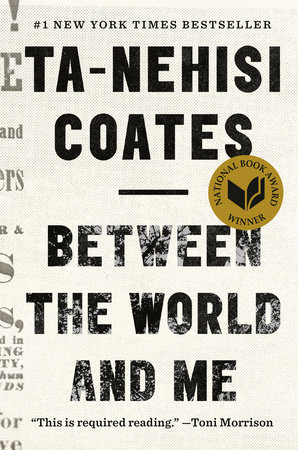While I was doggedly reading the Bible, three or four pages per night over several years, I was also reading books on science from our public library. I followed my passions: fascination with dinosaurs led me to study evolution; model rockets led me to astronomy; birds and bugs led me to biology; rocks led me to geology; kitchen table experiments led me to chemistry and physics. When I had exhausted the offerings in the young adult section, I moved on to the books for grownups. On the advice of a teacher, my parents brought me a subscription to Scientific American, a magazine that reported new discoveries along with the rigorous methods by which they had been achieved. The passages I could not understand-- and there were many-- only inspired me to deeper study. While my Bible reading was dutiful, homework for graduation to heaven, my reading of science was driven by curiosity and delight.COMMENT
Here's a lovely description of coming of age at the library, transitioning from children's science to the scientific method. The author does not specifically mention librarians helping to find these books, though he does mention a helpful teacher. For the most part, it seems to be a self-directed research process.
There are two elements in this story that I've noticed in other library stories: [1] The transition out of the juvenile section of the library as a rite of passage (See posts on Children's Literature) and [2] The use of library resources to investigate religious faith (Hypocrisy of Hanukkah; Go and See Jane and Emma; God is Going to Have to Forgive Me). In this story, however, the library research is not about theology but a contrast to a childish understanding of theology. In fact, when the author needs spiritual comfort, neither form of study turns out to offer adequate solace.

